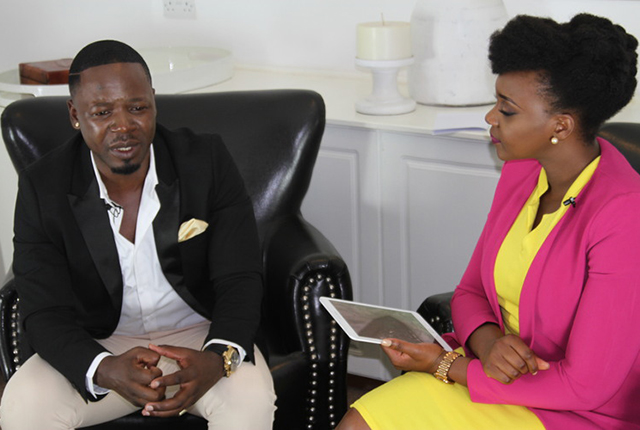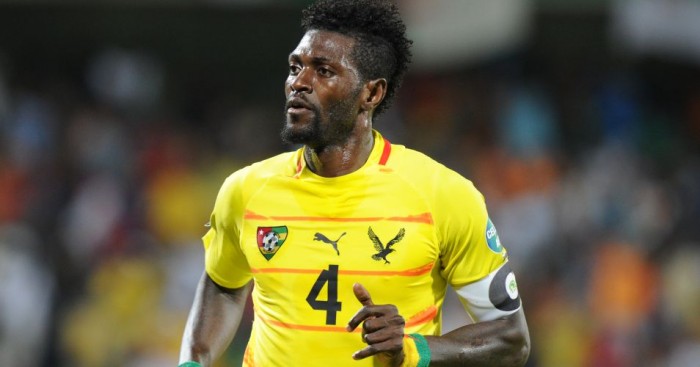Facebook Live: Disruption in action


A more recent case study of digital disruption in action is the Ruvheneko Parirenyatwa exclusive live interview conducted with Stunner via Facebook Live which garnered tens of thousands of views, hundreds of shares and over 10 000 comments on Facebook alone
Delta Milayo Ndou #Digital Dialogue—
A 30-minute live broadcast of a church service on ZTV will cost no less than $862 (including Value Added Tax). In contrast, a 30-minute live broadcast of a church service streaming on Facebook Live will cost no more than $130 monthly, if one opts for the pricier Wi-Fi package.
In fact, as long as the Wi-Fi is paid up, the church could afford to do daily live broadcasts of services that go well beyond 30 minutes and still only pay $130 or even less (depending on the package they will have opted for) — this ladies and gentlemen, is what digital disruption is about.
Digital disruption is often defined as the change that occurs when new digital technologies and business models affect the value proposition of existing goods and services. If the value proposition of broadcasting a live church service is pegged at over $800 on a national broadcaster for just 30 minutes and on the other hand you have digital streaming options such as p23.worshipstream.com which costs $99, the stream becomes a disrupter.
I was forced to reflect on this while “attending” two “crossover” services on December 31 which I watched simultaneously from the comfort of my brother’s couch, courtesy of ZOL’s dependable Wi-Fi. It enabled me (via a laptop and mobile phone) to tune into the church services being broadcast on Facebook Live by His Presence Ministries in Harare and River of Life church in Bulawayo.
In the weeks prior, catching River of Life services on Facebook Live had become a regular occurrence that I almost forgot to note the novelty of how streaming live church services, is in fact, digital disruption in action. Although Facebook has a 240-minute limit per streaming session (after which the streaming abruptly stops), one can restart the streaming and go beyond this limit.
Given that broadcasting software can be purchased for at least $25 per month with a license to stream to unlimited pages, be it one’s Facebook, YouTube or their website — it is not an exaggeration to claim that digital disruption is well and truly underway in the “mainstream” broadcast sector owing to streaming and digital video platforms.
Disruption, thy name is Ruvheneko
A more recent and arguably more compelling case study of digital disruption in action is the Ruvheneko Parirenyatwa exclusive live interview conducted with Stunner via Facebook Live which garnered tens of thousands of views, hundreds of shares and over 10 000 comments on Facebook alone.
However, it must be said that the technology in and of itself, had little to do with the immense response that Ruvheneko’s interview generated but perhaps more to do with the combined brand power of Stunner and Ruvheneko who individually have strong fan bases.
The success of the interview also owed much to the very salacious matter of Stunner’s infidelity that came under scrutiny following his wife’s public and unprecedented disclosure that she made via Facebook Live.
So I will not wholly attribute the success of the interview to the technology used because clearly other factors determined the magnitude of the online audience across numerous digital platforms who tuned in, commented and luxuriated in voyeuristic viewership.
However, the fact that a mainstream media personality circumvented the conventional media channels (TV and radio) to host an interview using a social media platform is a remarkable feat in the context of Zimbabwe. Again, I am unsure whether any other media personality would have met with equal success but given the nature of the topic under discussion, it was always a given that people would tune in.
The question of course, beyond the fact that mainstream media can be circumvented, outpaced and so easily outmanoeuvred in the pursuit of exclusive, compelling content — is whether and how such endeavours can be monetised?
Did Ruvheneko earn anything in monetary terms out of the interview and is there a way to craft a business model allowing those who harness Facebook Live to actually generate revenue from their viewers (presuming they have compelling and exclusive content?).
Monetisation has always been problematic insofar as harnessing digital technologies is concerned and we wait to see how these disruptive innovations can be translated into revenue. Will there, perhaps, be an opportunity to advertise? Could Ruvheneko have paused at some point during the interview to do a “live read” (that is commercial announcement that is read live on-air typically by a station personality)?
While the disruptive innovation is welcome and it opens our eyes up to the possibilities of Facebook Live and other streaming platforms, we must bear in mind the very recent and calamitous reality of data costs that have risen beyond the reach of many.
Things you cannot do without affordable data
Much will be written and said in reaction to the steep and recently introduced data prices, and some solace will be taken in the knowledge that there are internet service providers who can, at least for now, offer affordable alternatives.
The Minister for Information, Communication and Technology and Courier Services, Honourable Supa Mandiwanzira reached out at 12:16pm on Wednesday January 11, 2017 via Twitter to say: “#DataCosts. Seen your Qs (questions). I’m on leave until January 30 & out of the country since Boxing Day. On return to work, I will get to the bottom of it.” We will await his return and the outcome of his eventual “getting to the bottom of it”.
Meanwhile, here is what it means to not have affordable data. It means you cannot do your mobile banking if you were now accustomed to that, please reacquaint your legs with the way to the banking hall and stand in a straight line to be served in person.
Costly data obviously means, you won’t be able to communicate with ease on whatever platform you are accustomed to using, be it WhatsApp, Facebook or email. And because costly data means you won’t be able to frequently use email, your chances of receiving or sending business correspondence via email outside of working hours or away from the vicinity of your office will be extremely slim.
Whatever you relied on data for, whether it is research online or a health app you need — it will become a luxury you cannot afford unless you are rolling in money.
Truly, the magnitude and negative consequence of overpriced data is mind-numbing. I suppose in the days and weeks to come, the effects shall truly be felt — starting ironically with none other than the mobile network operators themselves whose revenues will surely plummet, unless the market they are targeting wake up with miracle money under their mattresses.
Delta is a digital expert and an advocate for technology-driven solutions. Follow her on Twitter: @deltandou.










Comments